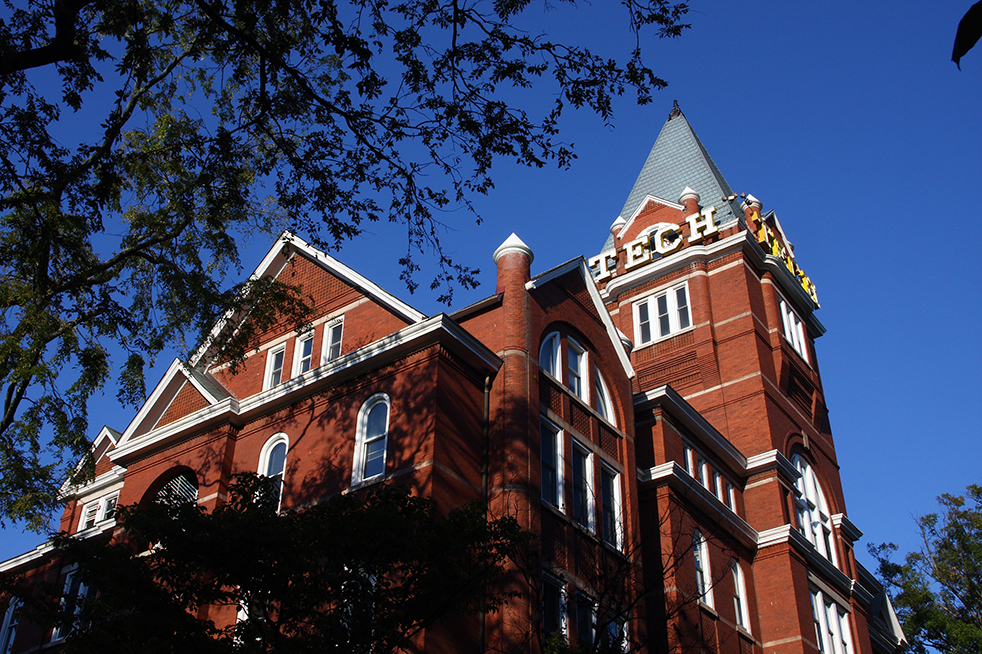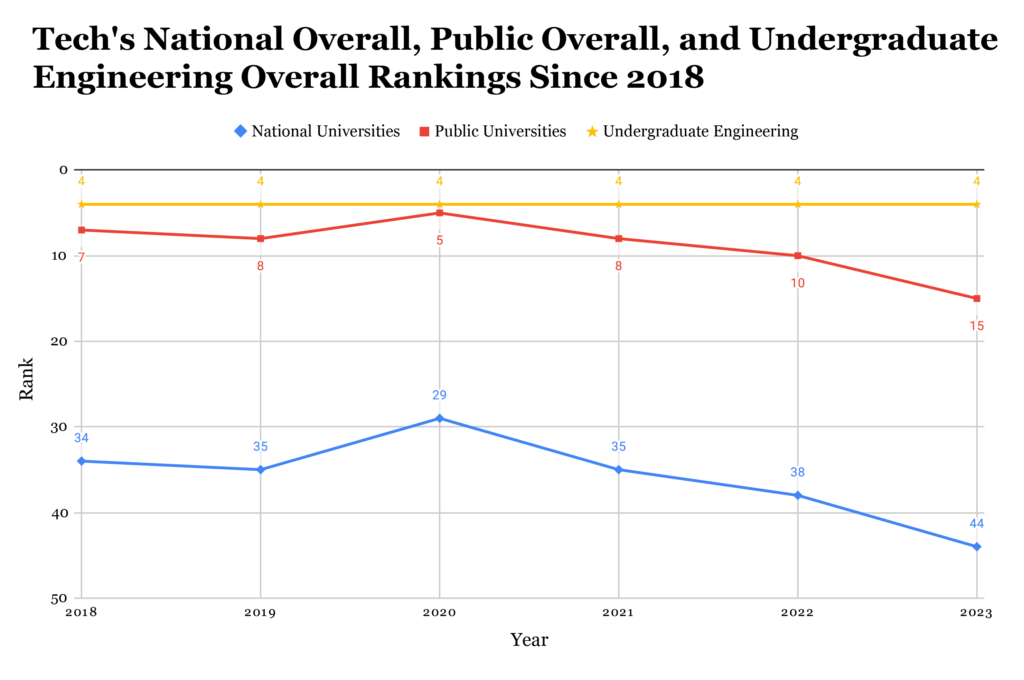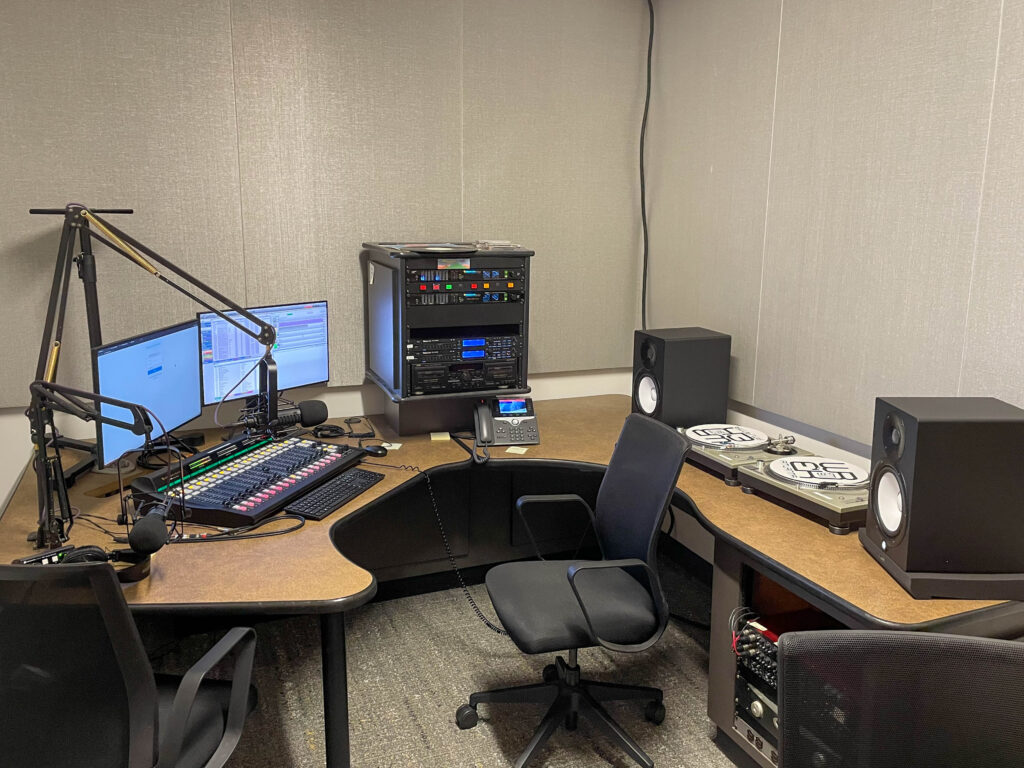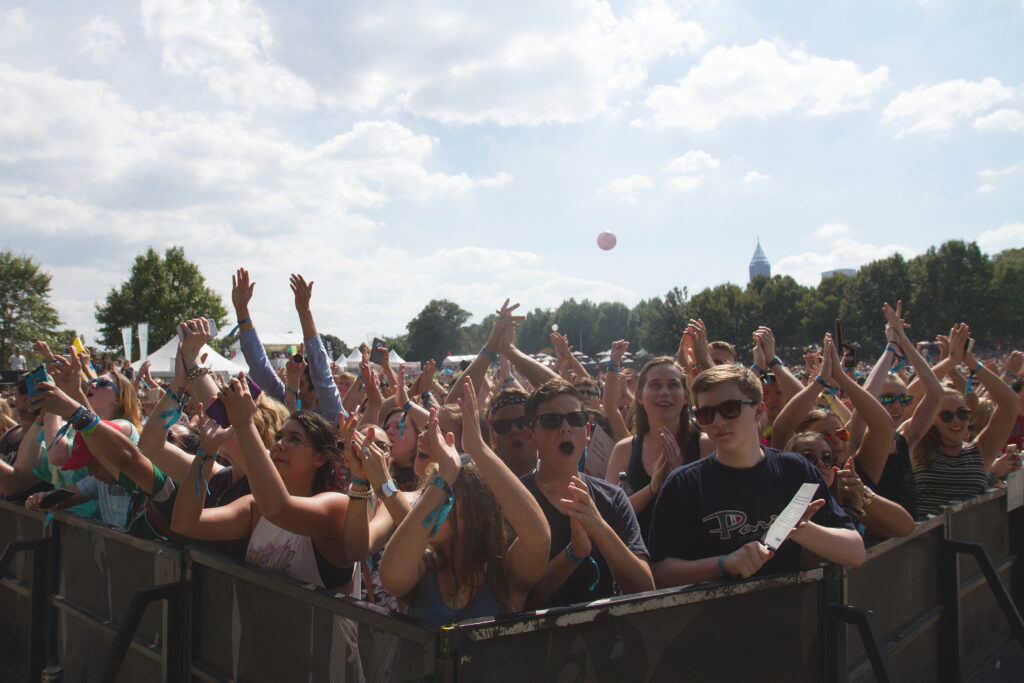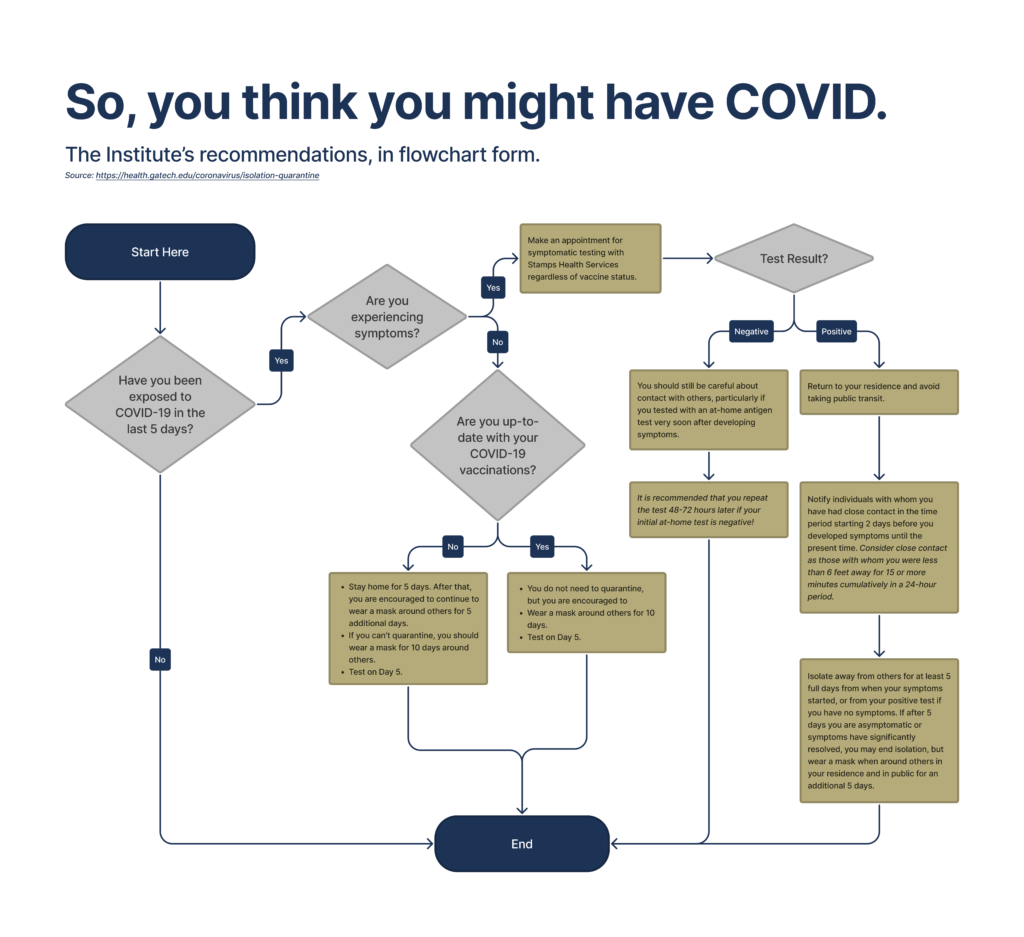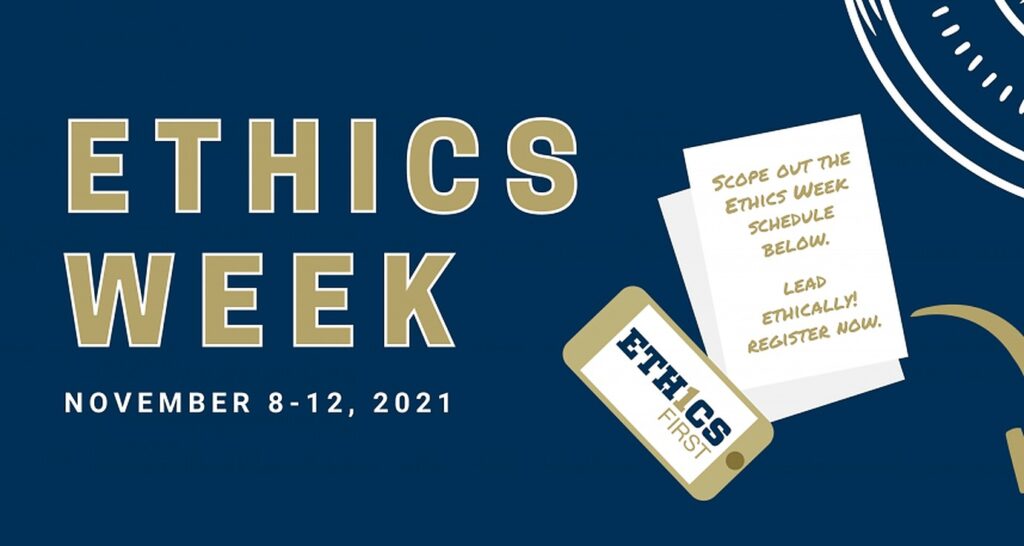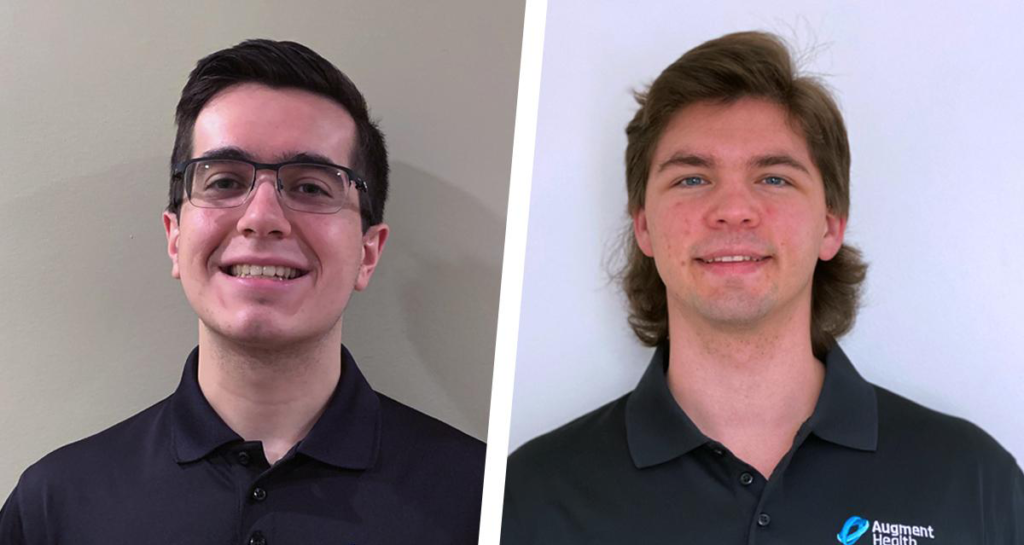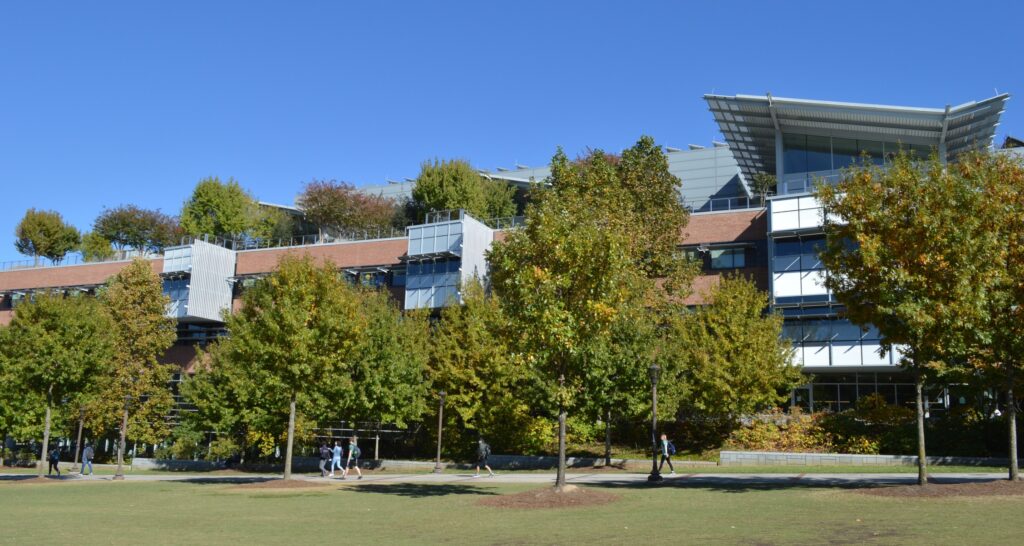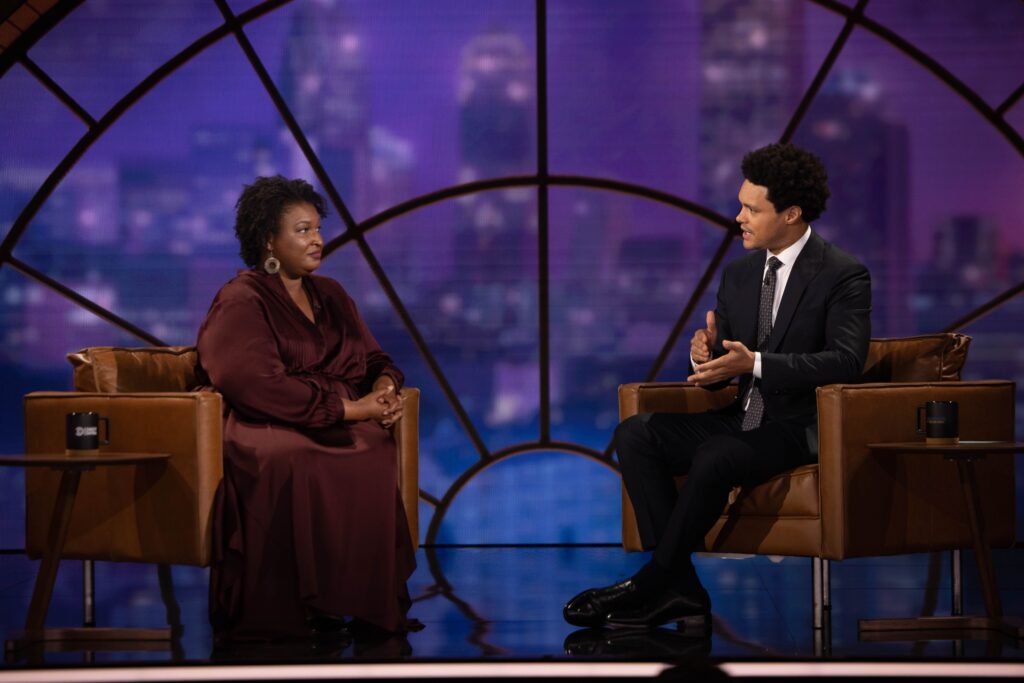
With an increase in the use of mass media in news deliverance in recent years, journalism has made its way onto television screens and online platforms, rather than just conventional print media in the form of newspapers and magazines. Even within journalism, the emergence of political satire has served as a way to make news more accessible to the public.
This past week, “The Daily Show with Trevor Noah” came to the Tabernacle venue in Atlanta for live tapings ahead of the Nov. 8 midterm elections for the cap to its “Votedemic 2022” coverage. The Technique had the opportunity to attend the taping on Oct. 31 where Democratic gubernatorial candidate, Stacey Abrams, was interviewed by the show’s host, Trevor Noah.
According to a press release issued by the show, “Amidst growing global conflict, political polarization and activism against injustice both domestically and globally — all against the backdrop of a world recovering from the impacts of COVID-19 — ‘The Daily Show with Trevor Noah’ continues to elevate marginalized voices and educate viewers on the current events that shape the world as we know it.”
The Technique had the opportunity to interview Roy Wood Jr., one of the primary correspondents on the show, about the fast-approaching midterm elections and the role of political satire in today’s social climate. Wood formally began pursuing comedy in 1998 as an undergraduate student at Florida A&M University. Since then, he has made appearances on late night talk shows such as “Late Night with Seth Meyers,” “The Tonight Show Starring Jimmy Fallon,” “The Late Show with Stephen Colbert” and “Conan.” He has been a full-time correspondent on “The Daily Show with Trevor Noah” since 2015.
When asked whether he thought there was both diversity of thought and identity on voter ballots this election cycle, Wood said, “I can’t answer that in a totality because I think representation is a very perspective-based metric by which we measure politics. There are indigenous people, members of the LGBTQ+ community, Black people and there are also a lot of youth on the ballot. I think that’s something that’s a lot more understated because I do think that, if there’s one demographic that’s been particularly politically active since Trump took office, I will say it’s politicians under 30. These people are changing the narrative of what’s possible in Washington, but also what could happen locally.”
Wood went on to say, “I think what’s important, beyond representation in actual politicians that are holding office, is that there has been a diversification of laws to help particular groups. And we know this is true because there’s also been a plethora of new laws created to stop those laws from happening.”
“So, when you look at an abortion ban bill, that’s the result of people trying to counter the work that women have done for decades and decades to keep women’s rights accessible. Similarly, the anti-gay policies in Florida are an indirect reaction to the advancements that the LGBTQ+ community have made over the past four to six years.”
Georgia is just one of the battleground states this November. States like Michigan, Nevada, Pennsylvania, Wisconsin and Arizona are all key players in deciding a Republican versus Democrat majority in the United States Congress.
In regards to the show’s live tapings in Atlanta for midterm coverage, Wood said “The modus operandi of ‘The Daily Show’ has always been to go to a battleground state where the decisions that happen could have national implications. Herschel Walker getting into office over Raphael Warnock could very easily be something that could change how laws are passed at a national level. I don’t think there’s a single problem that’s affecting Georgia voters that isn’t affecting someone else, somewhere else, and I think because of this, it made Georgia the perfect place to go.”
Wood’s remarks also touched on themes of voter disenfranchisement and lack of efficacy, especially for first-time voters.
“My advice to young voters out there is to stay strong and keep fighting to have your voice heard,” Wood said. “Every ridiculous law that’s on the books is a counter to the actions of the youth of this country in the past five to 10 years. So keep fighting and questioning; that would be my message.”
Wood elaborated on the relevance of using political satire in media like “The Daily Show,” despite the emergency of an increasingly polarizing political climate.
“I think political satire has a key place in informing voters and creating a structure of accountability for politicians. I think we’re going through an interesting phase now where a lot of politicians are un-embarrassable. And I think that makes political satire not as effective as it used to be. I think there has to be a change in the approach to how you put a comedic swing on what’s happening in the country,” Wood said.
Wood continued, “It’s almost like political satire was a vaccine and the politicians we’re trying to embarrass have mutated and adjusted. So, we need to go back and rework the vaccine and we need a booster. We need to figure out what is the political satire booster of how we approach accountability in politics.”
The “Votedemic 2022” coverage taped in Atlanta can be viewed at 11:00 p.m. ET/PT on Comedy Central each night and the full show will be available for streaming for viewers on Paramount+ the following day.

